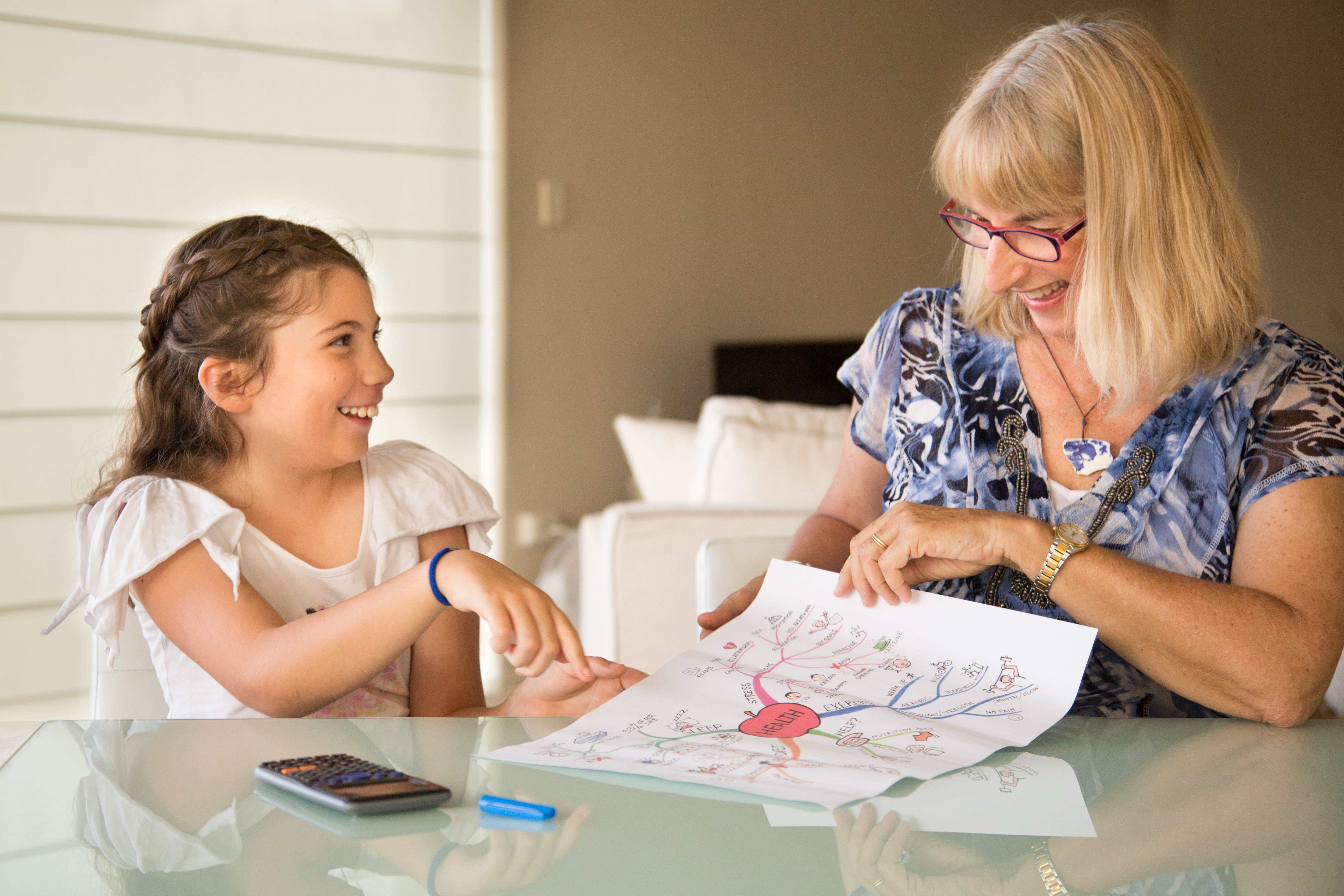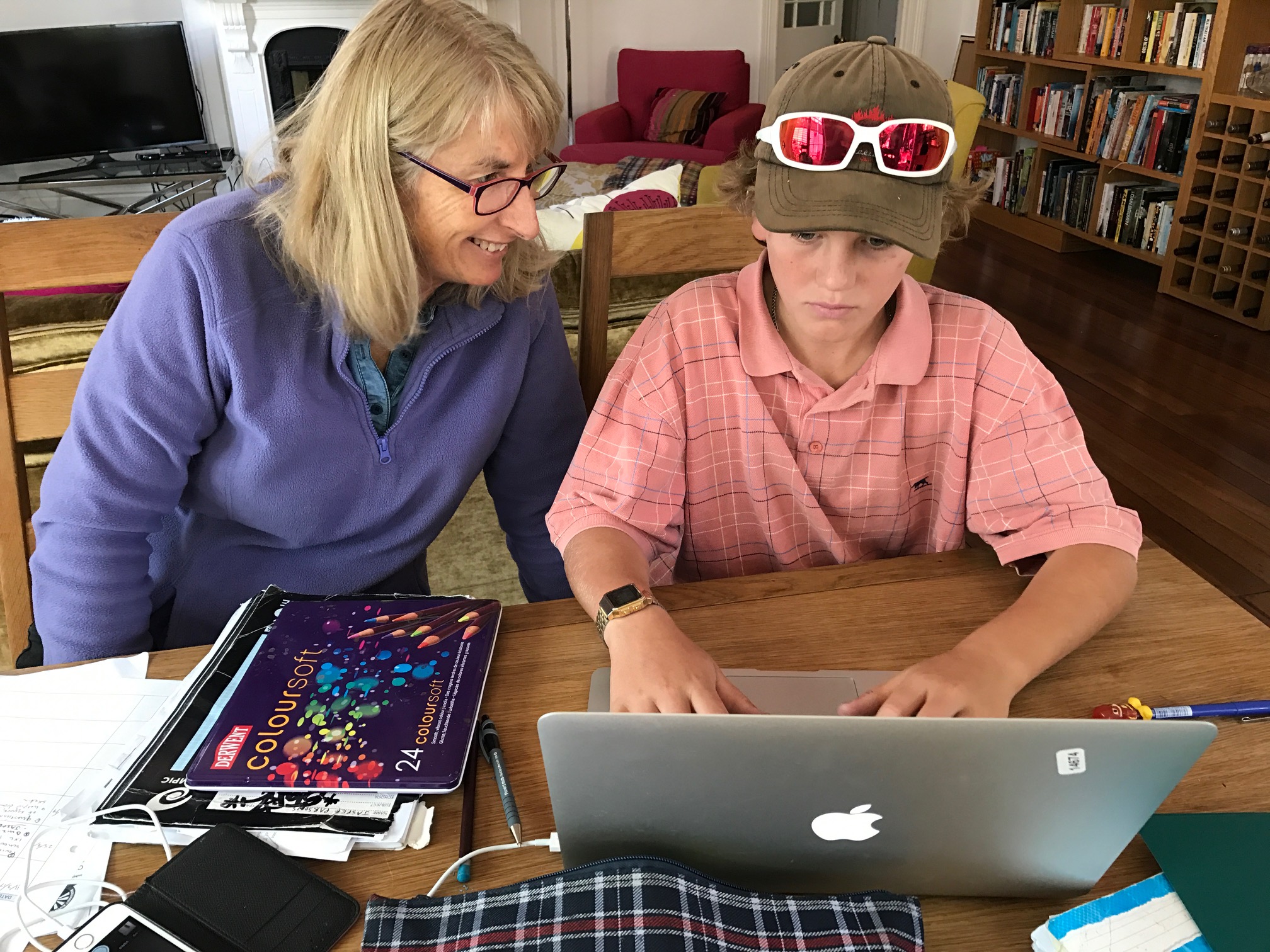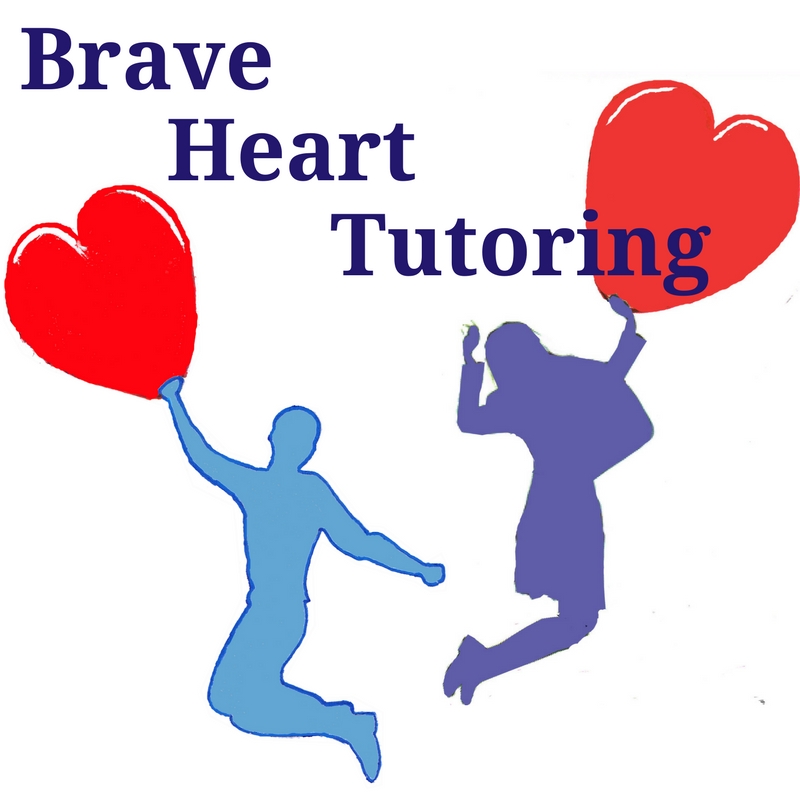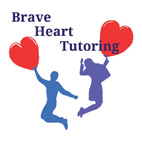The journey from teaching to tutoring
I am a middle and senior years teacher and first became interested in tutoring whilst home with small children. Working one-on-one with students gave me fantastic insights into how students learn. I remember visiting a Year 12 student at his home. He had a long, narrow bedroom with jarrah pigeon holes all along one wall. I asked him to get his Biology file and he stood up and waved his arm to encompass the whole wall and he said, “they are all over there.”
It was a lightning bolt moment for me as I understood for the first time that teachers don’t teach students the “HOW” of learning. This is because they are so stressed trying to get through the content that they believe they don’t have time to teach students learning strategies.
On returning to the classroom I began to experiment with teaching content via a learning strategy. It worked like a charm. Students loved it because they could adopt that strategy in other subjects. I kept designing strategies and put together a year-long program that became the Science Learning Strategy (SLS) program. It was soon adopted by all Year 8 classes at the private girl’s school I was working at for a five year period.
Research background
I was encouraged by my Head of Department to enrol in a Masters of Education at Curtin University’s elite Science and Mathematics Education Centre, which I did. My supervisor took one look at the SLS program and said “this work is so important and extensive that it should be done at the PhD level” and with the stroke of a pen, I found myself in the Doctoral program.
One of the examiners who marked my thesis commented that the program I had developed was “worthy of international attention”. That gave me the inspiration to make a difference to the lives of every one of my students. I strongly believe that positive psychology work must be included in any learning program, as research has shown that student anxiety is rising quickly. I included this work when needed, because if students are anxious, they cannot learn, or even hear what is being said. I also developed strategies in the meta-cognitive area, which means that students monitor, and take responsibility for, their own learning.
The research I did showed strong improvements in meta-cognition and mood, as well as improvements in individual student’s standard of work and academic outcomes.
Why the move from school to tutoring?

I eventually moved into the tutoring arena because I wanted to help struggling students, who I couldn’t fully reach in a formal classroom setting. So Brave Heart Tutoring was born, based in the Fremantle area in Perth.
Parents, students and even teachers provide me with wonderful feedback which just encourages me to try harder, to do more to help them. One teacher recently wrote: “Even in the past few weeks, Jack has made vast improvements at school. His confidence, his willingness to learn, his overall attitude-we are so pleased with him. Jack has shown himself to be a much happier, confident and positive student. We’re seeing huge changes in him. He has gone from feeling hopeless, into a feisty student, always putting his hand up-very engaged and involved. Thank you for the wonderful work you are doing with him.” It is so inspiring to get feedback like that! I have many other testimonials that you can see at www.bravehearttutoring.com.au.
I now have over 50 different “tools” to enhance learning. These are delivered to match student requirements, so that each student has an Individual Learning Plan that is unique to them.Many tutors have a fixed curriculum which they work through. I always ask parents to ask teachers to provide a list of what they will be covering each fortnight, so that I can consolidate the work they are doing at school.
I have completed Professional Development in the field of diagnosed leaning difficulties and achieved great outcomes. For example, “Jack” referred to In the previous quote, has moderate ADHD. It is such a rewarding career being able to work one-on-one and there is a large altruistic component in what I do, so that I finish each day’s work on a high, eager for the next day to arrive!


